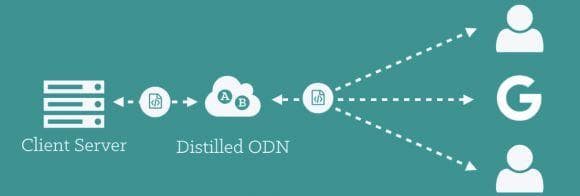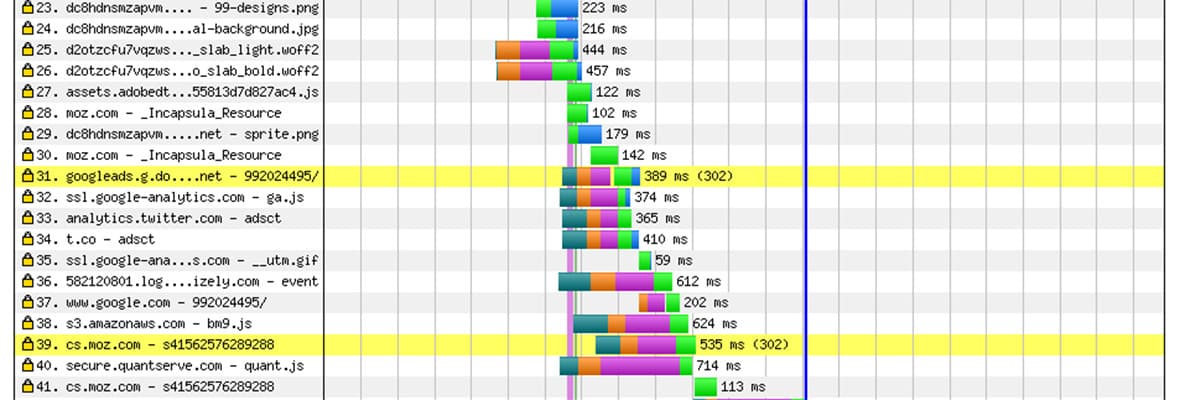
Technical SEO
Traditionally, the phrase Technical SEO refers to optimizing your site for crawling and indexing, but can also include any technical process meant to improve search visibility.
Technical SEO is a broad and exciting field, covering everything from sitemaps, meta tags, JavaScript indexing, linking, keyword research, and more.
If you’re new to SEO, we recommend starting with the chapter on Technical SEO in our Beginner’s Guide. Below are the latest posts on technical SEO, and we’ve included a few top articles here.
On-Site SEO : What are the technical on-page factors that influence your rankings? Our free learning center will get you started in the right direction.
The Web Developer's SEO Cheat Sheet : This handy—and printable—cheat sheet is invaluable for anyone building websites. Contains several useful references that cover a ton of technical SEO best practices.
MozBar : This free Chrome extension is an advanced SEO toolbar that helps you to examine and diagnose several technical SEO issues.
The Technical SEO Renaissance : Is it true that technical SEO isn't necessary, because Google is smart enough to figure your website out? Mike King puts this rumor to rest, and shows you what to focus on.
Technical SEO: The One Hour Guide to SEO : Want a quick introduction to the basics of technical SEO? Our guru Rand has you covered—all in about 10 minutes.


Let Data Take the Wheel – Using API-Integrated Reporting Dashboards
How do you keep track of all the data that supports your business intelligence? Ian Watson walks us through setting up a live reporting dashboard that integrates your favorite APIs into an easy-to-visualize format.
Persona Research in Under 5 Minutes
Persona research takes time, but we don't always have a ton of that. Using a few free APIs, Followerwonk, and a Python script built by Craig Bradford, you'll be able to get some great top-level insight into your audience on the fly.
RankBrain Unleashed
RankBrain. We know it happened, but beyond that, the details of this Google algorithm update are largely a mystery. What is RankBrain, what does it do, and is it even possible to optimize for it? Join Gianluca Fiorelli as he outlines what we do know and ponders the possibilities of what we don't.
Why All SEOs Should Unblock JavaScript & CSS... And Why Google Cares
If you want to rank as well as you possibly can, unblocking JavaScript and CSS is one of the easiest SEO changes you can make—especially for those with a significant amount of mobile traffic. Jennifer Slegg shares the warning letter many SEOs and webmasters received from Google about this, and goes over the hows and whys of unblocking JS and CSS files on your site.
Scraping and Cleaning Your Data with Google Sheets: A Closer Look
Ever found yourself copy and pasting data, wishing there were an easier way? Take a foray into the world of data scraping using Google Sheets with Jeremy Gottlieb!
How to Unlock Your Website’s Potential and Increase Load Speed by Nearly 30 Percent
One of the best steps you can take to improve the performance of your website is to make loading speed a priority.
The SEO Professional's Guide to Waterfall Diagrams
A waterfall diagram, such as those produced by WebPageTest, is a powerful indicator of optimization opportunities. Do you know how to read them?
Why Effective, Modern SEO Requires Technical, Creative, and Strategic Thinking
While SEO is a different field than it once was, technical chops are still required to do things really well. In today's Whiteboard Friday, Rand pushes back against the idea that those skills are no longer necessary.
The SEO Expert's Guide to Web Performance Using WebPageTest
Site performance has an undeniable impact on user experience and search rankings, and in this post, our friends at Zoompf show us how to use a fantastic free tool to see how we're doing.
An Open-Source Tool for Checking rel-alternate-hreflang Annotations
With the increasing number of SEO directives and annotations available, and the ever-changing guidelines around how to deploy them, it is important to automate whatever areas possible. In this blog post I'm going to share an open source Python library which makes it easy to read the hreflang entries from a page and identify errors with them.


